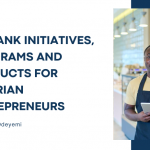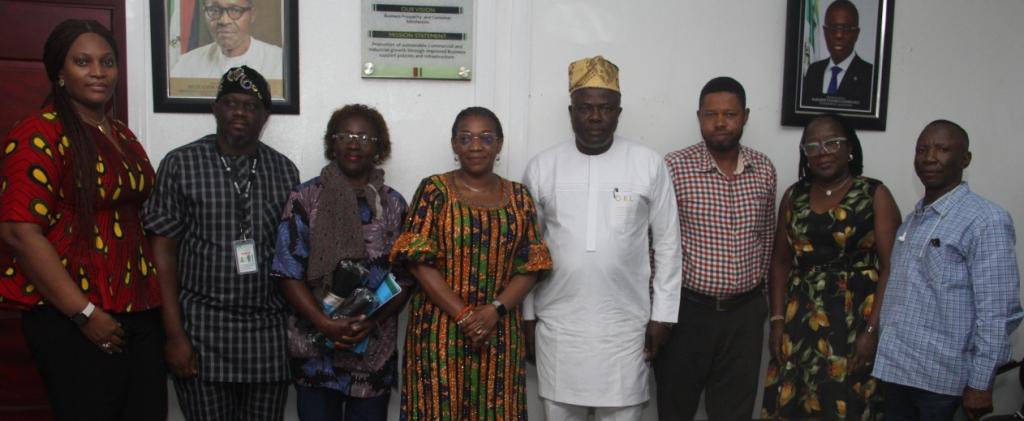The Sustainable and Inclusive Economic Development for Decent Employment in Nigeria (SEDIN) Program, an initiative by the German Development Agency (GIZ), has announced plans to enhance the competitiveness of micro, small, and medium enterprises (MSMEs) through the development of industrial clusters. This initiative, aimed at driving sustainable growth for MSMEs, will focus on public-private partnerships to create a favorable business environment across selected states.
Toyin Craig-Adeniran, Lead Advisor at GIZ-SEDIN, highlighted five key focus areas of the initiative: environmental sustainability, gender equality, combating climate change, and ensuring access to sustainable infrastructure. These efforts are designed to foster the growth of MSMEs and enhance the sustainability of industrial clusters.
Speaking at a stakeholders’ forum titled “Industrial Cluster Development: Addressing Infrastructure and Service Gaps in Business Clusters in Lagos,” Adeniran emphasized that industrial clusters are crucial for MSMEs as they help increase productivity, enabling these businesses to compete both nationally and globally. Clusters offer MSMEs access to vital infrastructure, promote the adoption of technology, and provide opportunities for networking and market linkages.
Adeniran explained that clusters comprise a combination of actors, resources, and activities that facilitate the development, manufacturing, and sale of various goods and services. These clusters promote risk-sharing, collaboration, and the exchange of specialized knowledge, which ultimately support MSMEs in growing and stabilizing their operations.
Akinropo Omoware, Head of Component Business Environment Reforms, Investment, and Infrastructure at GIZ-SEDIN, outlined the program’s key strategies for improving MSME competitiveness. These include capacity building, facilitating access to finance, and addressing infrastructure gaps across selected states such as Lagos, Edo, Niger, Ogun, Plateau, and the Federal Capital Territory (FCT).
Omoware further noted that green technology adoption, along with access to financing, will be pivotal in stabilizing MSMEs. The SEDIN-IV program will focus on 60 clusters and 47,708 MSMEs through July 2026, with a strong emphasis on sustainable business practices and environmental, social, and governance (ESG) standards.
The stakeholders’ forum served as a platform for interactive discussions and group exercises, helping participants gain a deeper understanding of the infrastructural challenges facing business clusters in Lagos and exploring potential solutions.
This initiative represents a significant step towards fostering a competitive, sustainable, and inclusive environment for MSMEs, contributing to Nigeria’s overall economic development.










